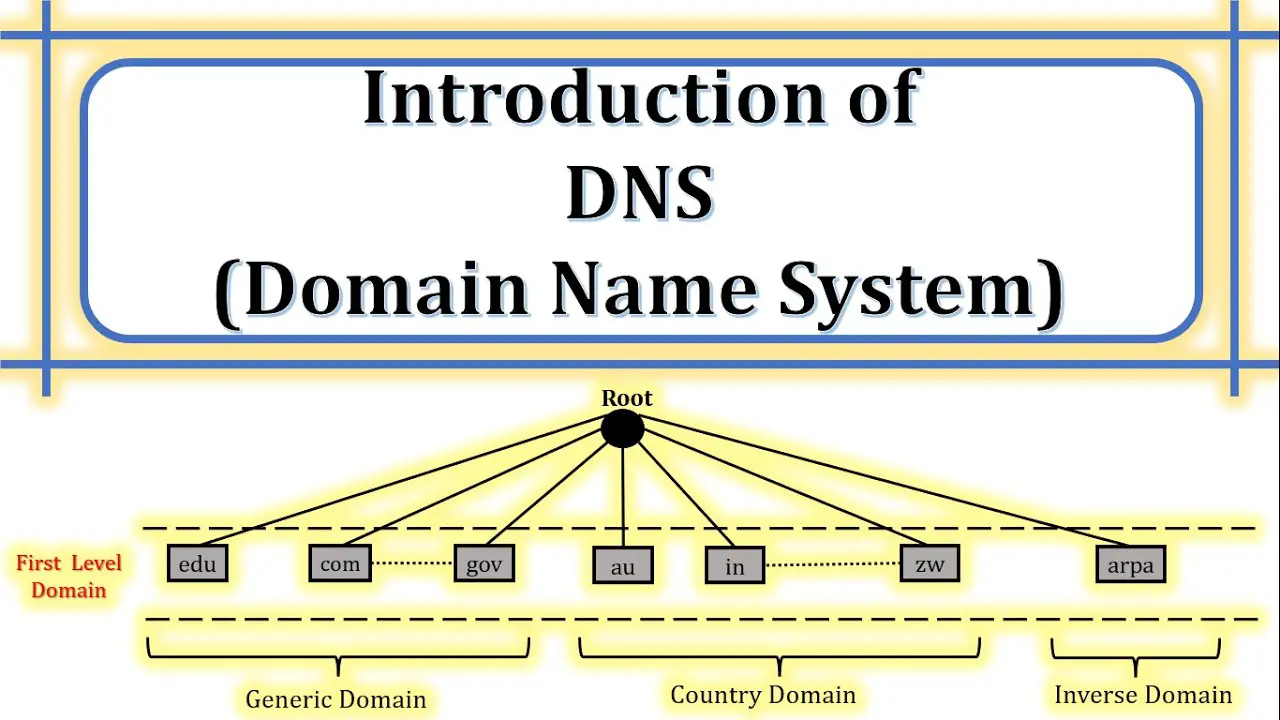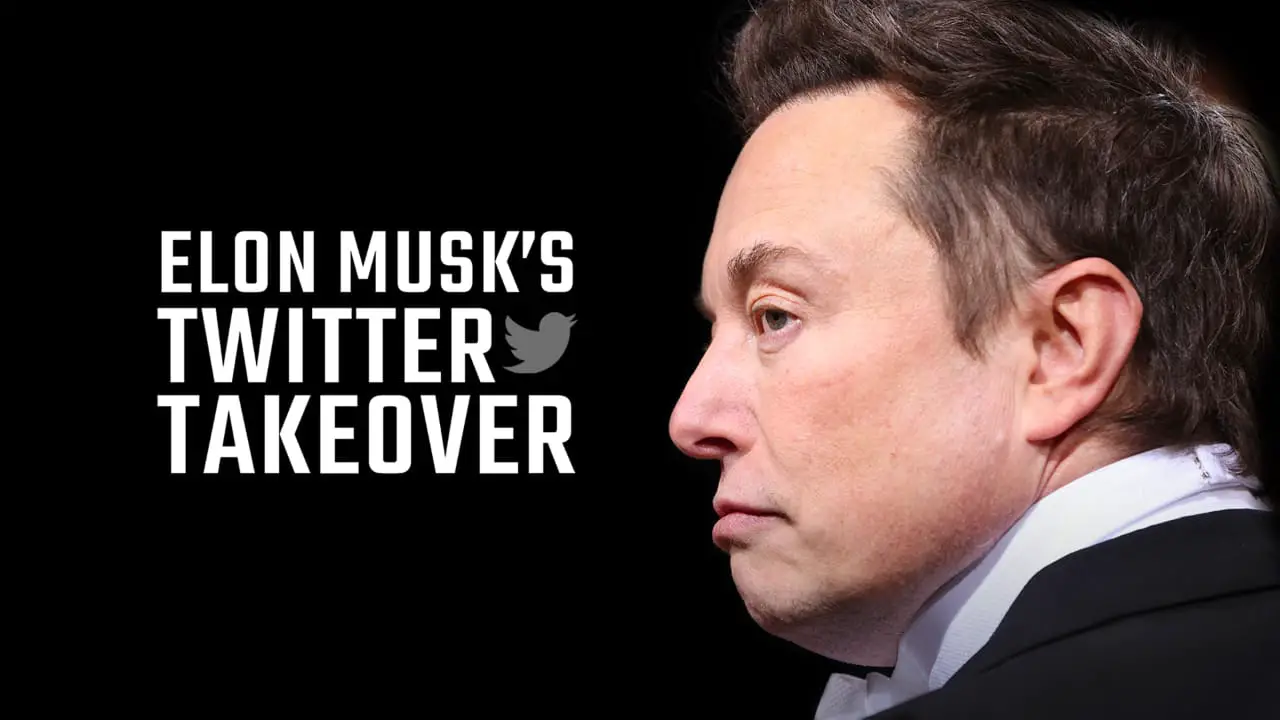Sundar Pichai, Alphabet Inc. And CEO of its subsidiary Google, he has faced several controversies during his tenure. In 2018, Google faced criticism over its handling of sexual harassment allegations, leading to a global employee strike at the company and demands for change within the company. The following year, Pichai faced criticism over Google’s Project Dragonfly, a censored search engine for China, which raised issues with censorship and human rights violations. In 2020, Google faced a federal court case brought by the United States Department of Justice, alleging antitrust practices in the search and advertising markets. Additionally, Pichai has testified several times before Congress on related issues such as data privacy, political bias, and misinformation on Google’s platforms, in which he has faced questions and criticism. The controversies reflect the challenges facing one of the world’s largest tech companies under Pichai’s leadership, charting the complex relationship between technology, ethics, and regulation in the modern digital age.
1. Antitrust Investigations
Antitrust investigations 2010. Sundar Pichai’s tenure at Google has resulted in sustained antitrust investigations, both in the United States and abroad. The main focus of these investigations is on Google’s dominant position in various markets, such as search, advertising, and mobile operating systems. Regulatory funds accuse Google of anti-reputation practices, such as prioritizing its own services in search results and imposing restrictive contracts on device makers. These investigations pose a significant challenge to Google’s business model and could lead to significant fines and regulatory changes affecting the company’s global operations.
2. Google Search Engine Bias
Google search engine bias (2010s). Under the leadership of Sundar Pichai, allegations of bias in Google’s search engine algorithms have been raised repeatedly. Opponents claim that Google’s algorithms may prioritize certain websites or viewpoints over others, which could influence public opinion and shape the information users find online. While Google has denied this as intentional bias, the ignorance of its algorithms and the lack of transparency in how they work have fueled suspicion and concern among users and policymakers. This message challenges Google to effectively address these allegations, while maintaining the principles of justice and fairness in search results remains a significant challenge for Google.
3. Google’s Tax Practices
Google’s Tax Policies (2012). In 2012, Google was facing criticism for its tax policies, particularly for using complex financial arrangements to reduce its tax obligations in various jurisdictions. Critics called the company adept at incendiary tax policies, depriving governments of revenues that could finance public services and infrastructure. While Google claims it adheres to tax laws in all countries in which it operates, the controversy highlighted concerns about the fairness and adequacy of international tax regulations in the digital age. Calls for reforms to ensure that multinationals pay their fair share of taxes continue in the political and public debate.
4. Google’s Data Collection Policies
Google’s Data Collection Policies (2013). With Sundar Pichai’s leadership at Google, the company’s data collection policies and practices have come under increasing scrutiny. Critics claim that Google collects extensive personal information from its users across its various products and services, raising concerns about privacy and user consent. Although Google has taken measures to give users more control over their data and improve transparency, questions remain about what the true extent of the collection and use of their data is through user consent. Balancing the benefits of personalized services with the need for user privacy remains a key challenge for Google and other tech companies.
5. Google’s Privacy Policy Changes
Google Privacy Policy Changes (2012). In 2012, Google ran into controversy after announcing changes to its privacy policy regarding the collection of user data on its various services. Opponents opposed this new policy and said that Google would undermine user privacy by doing so, as it would allow Google to combine data from different sources to create detailed user profiles and analyze them for targeted advertising. Google assured that the new policy will simplify its privacy applications and improve the user experience, however, privacy advocates and mandaters raised concerns for the potential abuse of privacy over data collection and use and for more information and user control. demanded.
6. Google’s Project Maven
Google’s Project Maven (2018). In 2018, Sundar Pichai faced internal and external criticism over Google’s involvement in Project Maven, a Pentagon initiative to use artificial intelligence for military use. Thousands of Google employees signed the petition and disputed the company’s involvement, citing ethical concerns over military use of intelligence and the potential for harm from the use of autonomous weapons. In response to the controversy, Google declined to renew its contract with the Pentagon and promised to commit to the development of AI technology in weapons. The controversy highlighted the ethical challenges of AI development and the need for tech companies to take into account the social consequences of their work.
7. Google’s Dragonfly Project
Google’s Dragonfly Project (2018). Project Dragonfly, Google’s attempt to create a censored search engine for the Chinese market, led to internal and external opposition to the company. Opponents claimed that the project would enable Chinese censorship and undermine individual freedoms, while some employees raised concerns about the potential ethical consequences of violating human rights. While the search engine was initially planned to be launched in China, Google ultimately ended the project in response to controversy and scrutiny from parliamentary and human rights organizations. The controversy revealed the challenges of working in countries with authoritarian regimes and the tension between business interests and human rights issues.
8. Google’s Treatment of Contract Workers
Behavior of Google’s contract employees (2019). In 2019, Google faced criticism for its treatment of contract workers, who perform various roles within the company but often receive lower wages and fewer benefits than full-time employees. Critics claimed that Google’s reliance on contract workers contributes to income inequality and job instability, fostering a lack of access and more detail to wages and benefits. The controversy forced Google to announce measures to improve the treatment of contract workers, including raising wages and providing more comprehensive benefits. However, concerns remain about the prevalence of unstable employment arrangements in the tech sector and the need for greater protection for contract workers.
9. Google’s Handling of Sexual Misconduct Allegations
Google’s handling of sexual harassment allegations (2018). In 2018, Google faced criticism for its handling of sexual harassment allegations against high-ranking executives, including allegations of harassment and inappropriate behavior. Controversy erupted when thousands of Google employees began protesting against its handling of the allegations and its cultural environment of other harassment and discrimination. In response, Google announced changes to its harassment and misconduct policies, including ending force adjudication for sexual harassment allegations and the implementation of mandatory training for all employees. This controversy attests to the pervasive nature of sexual harassment in the workplace and the need for companies to determine how to address it.
10. Google’s Diversity Initiatives
Google’s governance of diversity initiatives (2017). In 2017, Sundar Pichai faced criticism over his handling of diversity initiatives following the publication of an internal memo by a former Google employee. The memo claimed that Google has a history of misunderstanding and neglecting diversity, which leads to neglect and hindering open debate within the company. Although Google condemned the content of the memo and reaffirmed its commitment to diversity and inclusivity, the incident prompted a broader debate over the challenges of conducting diversity and inclusive workplaces in the tech industry. Sundar Pichai’s leadership was tested as to how Google addressed the problems raised by the memo, while still encouraging diversity and inclusivity among the company’s employees.
11. Google’s Treatment of Conservative Voices
Google’s Constitutional Voices Practices (2018). In 2018, Google faced allegations of political bias and censorship, with constitutional advocates alleging that the company’s algorithms and policies theoretically give constitutional viewpoints and mechanisms to suppress political parties and websites on the platform. Although Google denies these allegations and says its products are designed to withstand the controversy given by the political leader, the controversy has provoked concerns over the influence of tech companies and promoted the need for greater transparency and accountability in content moderation practices. Increased the possibility of giving. Sundar Pichai was pressed to address these concerns and ensure that Google’s platforms remain open and accessible to users with diverse viewpoints.
12. Google’s Use of Tax Havens
Google’s use of tax buildings (2015). In 2015, Sundar Pichai faced criticism over Google’s use of tax havens and other aggressive tax avoidance strategies. Critics claimed that Google’s tax practices deprived governments of the revenue needed to finance essential services and infrastructure, while promoting economic inequality and undermining public confidence in corporate tax regulation systems. The dispute highlights common concerns about the harshness and adequacy of international tax regulations, which ensure that multinational corporations use legal loopholes to avoid paying their dues.
13. Google’s YouTube Content Moderation Policies
Google’s YouTube Content Moderation Policies (2010s). YouTube, a subsidiary of Google, has faced controversy for its content moderation policies and practices, particularly regarding hate speech, misinformation, and harmful content. Critics say YouTube’s algorithms and policies fail to address these issues, leading to the spread of harmful content and radicalization of users. The difficulty Sundar Pichai faces is the challenge of balancing the need to preserve the principles of free expression with the need to protect users from harmful content. However, concerns remain about the adequacy and thoroughness of YouTube’s content moderation efforts.
14. Google’s Copyright Infringement Lawsuits
Google copyright infringement lawsuits (2010s). Google has been involved in numerous copyright infringement lawsuits over the years, in which content creators and rights holders have accused the company of criminally using feet to ensure unauthorized distribution of copyrighted material. Google has implemented measures such as Content ID systems and takedown procedures to address copyright infringement, but critics believe that these measures do not go far enough in preventing widespread piracy and protecting the rights of content creators. Sundar Pichai has come under pressure to strengthen Google’s copyright enforcement efforts and more effectively address the problem of online piracy by working more collaboratively with rights holders.
15. Google’s Relationship with China
Google’s relationship with China (2010s). Google’s relationship with China has been a source of controversy and tension, particularly regarding the company’s compliance with Chinese censorship laws and efforts to enter the Chinese market. Sundar Pichai faced criticism in 2010 over his instructions to Google to withdraw its search engine from China due to concerns about Chinese government censorship and cyber attacks, as well as the company’s reported plans to To enter the Chinese market as a censored search engine. The controversy highlights the ethical and strategic challenges of doing business in China’s networked internet environment, raising questions about Google’s commitment to free expression and human rights.
16. Google’s Street View Privacy Concerns
Google’s Street View privacy concerns (2010s). Google’s Street View service, which provides panoramic views of streets and neighborhoods, has faced privacy concerns over its collection of images of people’s homes and vehicles. Critics believe that Street View is a threat to privacy and can be used for surveillance purposes, raising questions about the adequacy of Google’s privacy protections and user consent measures. Sundar Pichai has made efforts to address these concerns, implementing measures to blur faces and license plates in Street View images and requiring users to remove sensitive information from the platform. However, the controversy reflects the challenges of balancing between maintaining the benefits of location-based services and the need for user privacy.
17. Google’s Acquisition Practices
Google’s acquisition practices (2010s). Google’s acquisitions of other companies, particularly potential competitors, have generated antitrust suspicions and prompted regulatory scrutiny. Critics claim that Google’s acquisition strategy stifles competition and innovation, allowing it to maintain its dominance and control over particular markets in the technology industry. Sundar Pichai has faced pressure to prove the ethics of Google’s acquisition decisions and address concerns over competition and consumer choice. Although Google has touted its acquisitions as necessary to foster innovation and improve its products and services, the controversy highlights the need for greater sensitivity to technology mergers and acquisitions to ensure a level playing field for competitors.
18. Google’s Advertiser Boycotts
Google advertiser boycott (2017). In 2017, Google faced an advertiser boycott in the context of brand safety on YouTube, with major advertisers pulling their ads out of outrage when they found that their ads were being displayed with inappropriate or inappropriate content. The controversy highlighted the challenges of content modification on user generated content and raised questions about Google’s ability to ensure brand safety for advertisers. Sundar Pichai responded by implementing stricter content guidelines and ad placement policies on YouTube, as well as increasing investment in AI and human modification.
19. Google’s Project Nightingale
Google’s Project Nightingale (2019). In 2019, Google came together with healthcare provider Ascension as its partner on Project Nightingale, which involved collecting and analyzing sensitive patient data for health-related purposes. The controversy raised concerns over patient privacy and data security, as well as the ethical consequences of technology companies’ access to and use of personal health information. Sundar Pichai supported the project as an opportunity to drive data-driven intersections of patient care and outcomes, but not fairness and consent around this arrangement of data sharing. He faced criticism for his lack of This controversy proves the need for stronger privacy protections and regulatory oversight in the health sector to ensure that patient data is used responsibly and ethically.
20. Google’s Treatment of Independent Contractors
Google’s Practices Regarding Independent Contractors (2020). Google faced criticism for its treatment of independent contractors during the COVID-19 pandemic in 2020, with contractors alleging that the company did not provide them with adequate protection and support, putting their health and livelihoods at risk. The controversy exposed the vulnerabilities of gig workers and independent contractors in the tech industry, as well as the need for companies to ensure fair and equal treatment for all workers. Sundar Pichai implemented measures such as veterans’ sick leave policies and economic support for contractors affected by the COVID-19 pandemic, but concerns remain about unstable employment arrangements and the expanded issue of workers’ rights in the gig economy.
21. Google’s Relationship with Publishers
Google’s relationship with publishers (2010s). Google’s relationship with publishers has at times been controversial, particularly over the use of its news images and links without giving publishers fair credit for their content. Google has been accused of profiting from their content, which harms journalism and news organizations. Damaging perception. Sundar Pichai has been pressed to address these concerns and create equitable revenue sharing with publishers, but progress has been slow due to disputes over the value of news content and the role of technology platforms. The controversy highlights the need for a more equitable and sustainable business model for journalism in the digital age.
22. Google’s Project Kuiper
Google’s Project Kuiper (2021). In 2021, Sundar Pichai faced skepticism about Google’s plans to launch Project Kuiper, a satellite array intended to provide global Internet coverage. The project generated concerns about space debris and interference with existing satellite networks, as well as the environmental impact of launching millions of satellites into space. Sundar Pichai explained Project Kuiper as a means to bridge a digital divide and expand Internet access to underserved communities, but faced demands for greater input and accountability in the development and implementation of the project. This controversy highlights the need for responsible space exploration and regulation of commercial satellite deployment to minimize threats to space infrastructure and the environment.
23. Google’s Relationship with Advertisers
Google’s relationships with advertisers (2010s). Google’s relationship with advertisers has been fraught with challenges, particularly regarding issues of ad fraud, transparency, and brand safety. Advertisers have expressed concerns about the effectiveness and integrity of Google’s advertising platforms, as well as the risk of fraudulent activity and ad placement with harmful or inappropriate content. Sundar Pichai has taken steps to address these concerns, implementing measures such as ad verification tools and content guidelines to increase transparency and protect the interests of advertisers. However, this controversy reignites the need for continued observation and collaboration between technology platforms and advertisers for a secure and trusted advertising ecosystem.
24. Google’s Employee Activism
Google Employees Movement (2010s). Google has faced protests by its employees over a number of social and political issues, including climate change, immigration, and workplace diversity. Sundar Pichai has faced the challenges of managing a diverse workforce that juxtaposes the company’s self-interests with the rights of employees to advocate, defend, and speak out for change. Although Google has embraced a culture of openness and dialogue, the controversy has highlighted the tension between the employee movement and corporate interests, as well as the need for effective communication and dialogue to constructively address employee concerns. Under Sundar Pichai’s leadership, Google has faced the ethical and social consequences of its business decisions and conduct.
25. Google’s Treatment of Third-Party Developers
Google’s treatment of third-party developers (2010s). Google’s relationships with third-party developers have been a source of controversy, particularly in the context of App Store policies, developer fees, and competition issues. Developers have accused Google of abusing its market power and favoring competitors’ products and services over its own, leading to criminal investigations and legal challenges over fairness and transparency issues. . Sundar Pichai has defended the need for Google’s App Store policies as a way to ensure security and quality for users, but also as a way to address issues of justice and transparency in the developer ecosystem. Have faced pressure for. The controversy has highlighted the need for a more equitable and competitive apps market, as well as the importance of promoting innovation and choice for developers and consumers.







Leave a Reply